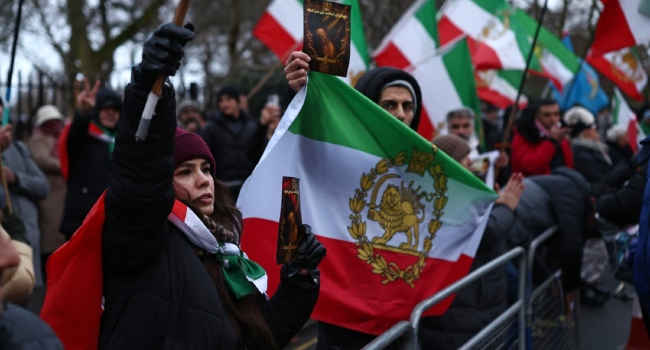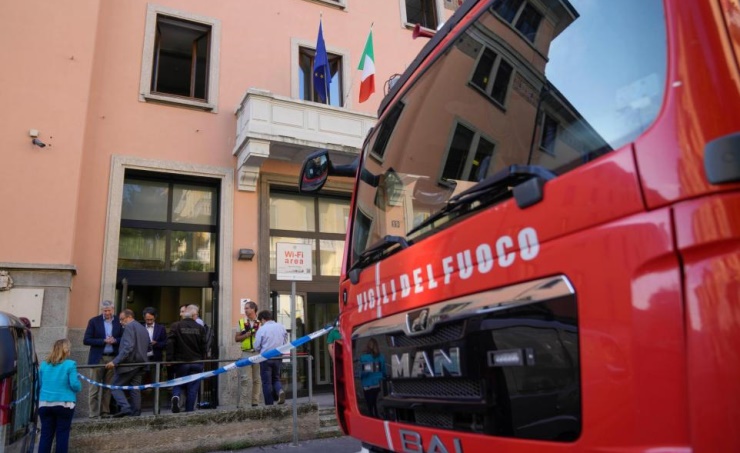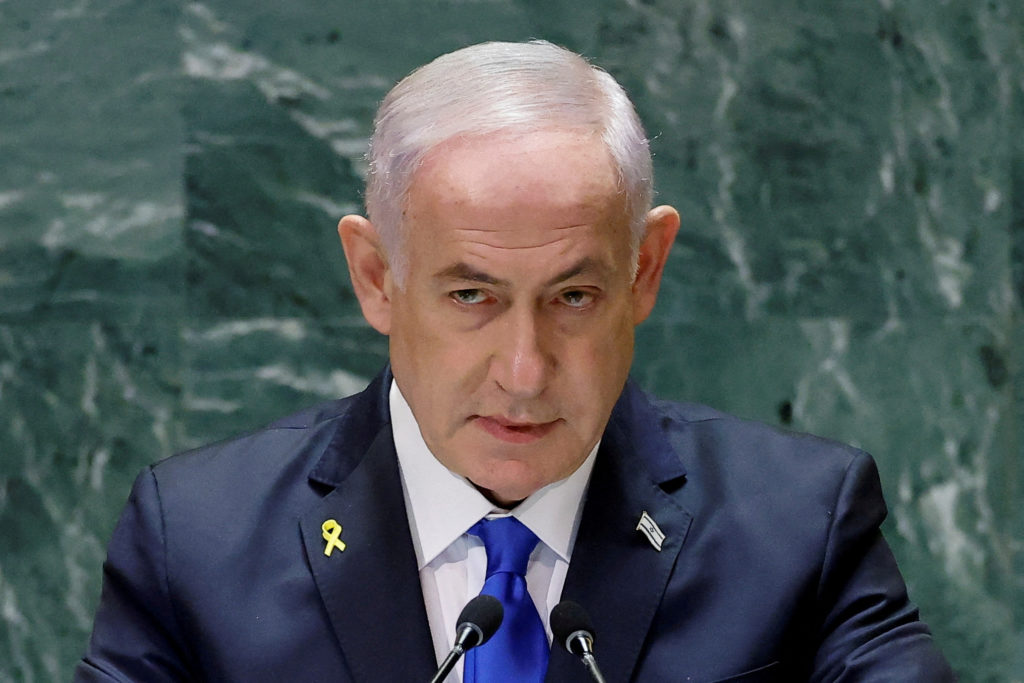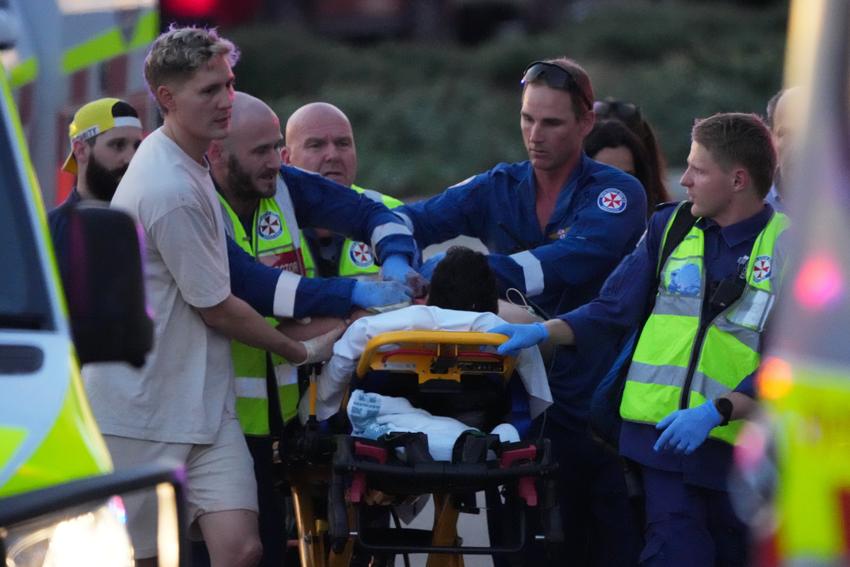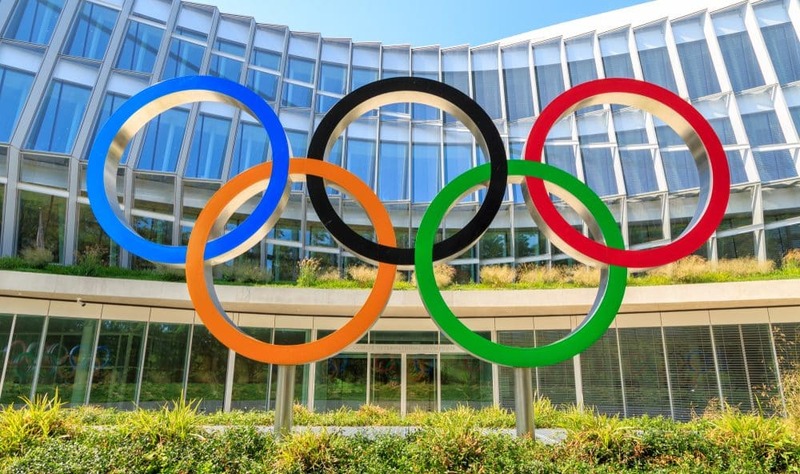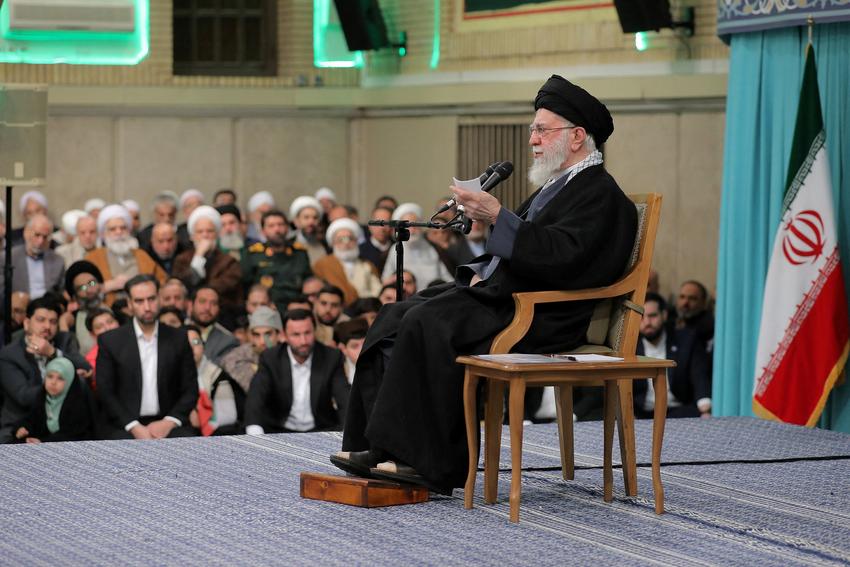
Iran’s Supreme Leader Ayatollah Ali Khamenei on Saturday blamed President Donald Trump for weeks of demonstrations that rights groups said have led to more than 3,000 deaths.
“We consider the U.S. president criminal for the casualties, damages and slander he inflicted on the Iranian nation,” Khamenei said, according to Iranian state media.
The protests erupted on December 28 over economic hardship and swelled into widespread demonstrations calling for the end of clerical rule in the Islamic Republic.
Trump has repeatedly threatened to intervene, including by threatening “very strong action” if Iran executed protesters.
But on Friday, in a social media post, he thanked Tehran’s leaders, saying they had called off mass hangings. Iran said there was “no plan to hang people”.
In comments that appeared to respond to Trump, Khamenei said: “We will not drag the country into war, but we will not let domestic or international criminals go unpunished,” state media reported.
Iran’s ultimate authority Khamenei said “several thousand deaths” had happened during the nationwide protests, which are Iran’s worst unrest in years. He accused Iran’s longtime enemies the U.S. and Israel of organizing the violence.
“Those linked to Israel and the U.S. caused massive damage and killed several thousand,” he said, adding that they started fires, destroyed public property and incited chaos. They “committed crimes and a grave slander,” he said.
The U.S.-based Human Rights Activists News Agency, or HRANA, said it had verified 3,090 deaths, including 2,885 protesters, and over 22,000 arrests.
Last week, Iran’s prosecutor general said detainees would face severe punishment. Those held included people who “aided rioters and terrorists attacking security forces and public property” and “mercenaries who took up arms and spread fear among citizens,” he said.
“All perpetrators are mohareb,” state media quoted Mohammad Movahedi Azad as saying, adding that investigations would be conducted “without leniency, mercy or tolerance”.
Mohareb, an Islamic legal term meaning to wage war against God, is punishable by death under Iranian law.
Reuters has not been able to independently verify the numbers of casualties or details of disturbances reported by Iranian media and rights groups. The crackdown appears to have broadly quelled protests, according to residents and state media.
Getting information has been complicated by internet blackouts, which were partly lifted for a few hours early on Saturday. But internet monitoring group NetBlocks said the blackout seemed to have been reimposed late on Saturday.
“Internet connectivity continues to flatline in #Iran despite a minor short-lived bump in access earlier today,” NetBlocks said on X. “As the shutdown enters day ten, confusion surrounds whether the regime intends to restore service soon, or at all.”
A resident of Karaj, west of Tehran, reached by phone via WhatsApp, said he noticed the internet was back at 4 a.m. on Saturday. Karaj experienced some of the most severe violence during the protests. The resident, who asked not to be identified, said Thursday was the peak of the unrest there.
A few Iranians overseas said earlier on social media that they had also been able to message users in Iran early on Saturday.
State media has reported the arrest of thousands of “rioters and terrorists” across the country, including people linked to opposition groups abroad that advocate the overthrow of the Islamic Republic.
The arrests included several people Iranian state media described as “ringleaders”, including a woman named as Nazanin Baradaran, who was taken into custody following “complex intelligence operations”.
The reports said that Baradaran operated under the pseudonym Raha Parham on behalf of Reza Pahlavi – the exiled son of Iran’s last shah – and had played a leading role in organizing the unrest. Reuters could not verify the report or her identity.
Pahlavi, a longtime opposition figure, has positioned himself as a potential leader in the event of regime collapse and has said he would seek to re-establish diplomatic ties between Iran and Israel if he were to assume a leadership role in the country.
Israeli officials have expressed support for Pahlavi. In a rare public disclosure this month, Israeli Heritage Minister Amichai Eliyahu said in an interview with Israel’s Army Radio that Israel had operatives “on the ground” in Iran.
He said they aimed to weaken Iran’s capabilities, though he denied they were directly working to topple the leadership. (JapanToday)


